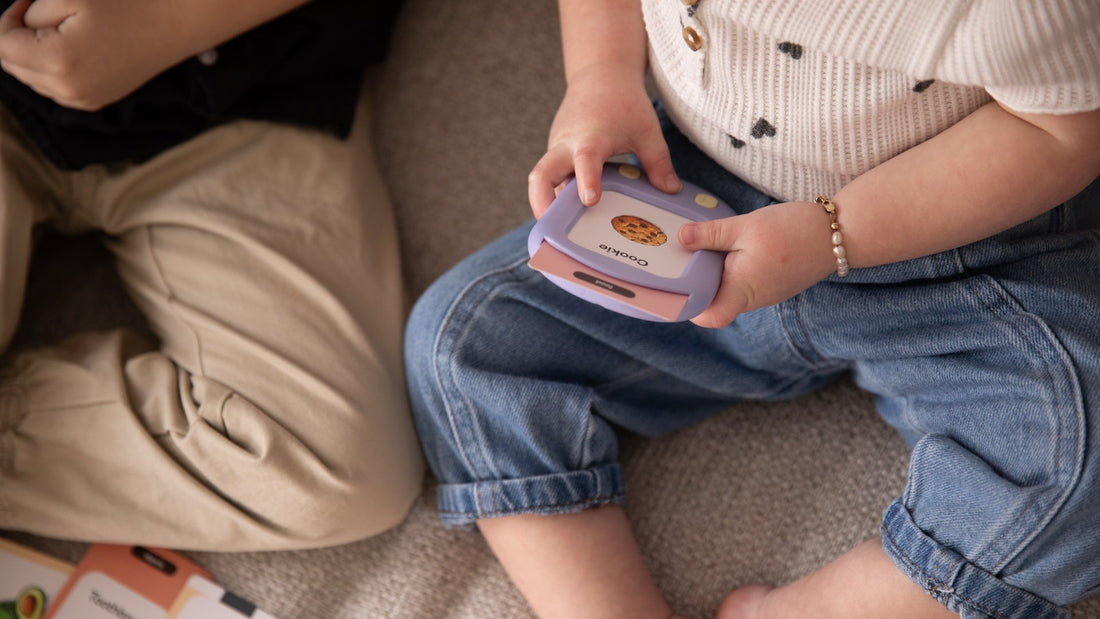
The secret to raising a confident, curious child
Raising a child comes with a million questions, but one of the biggest is: Am I doing enough to help my child learn and grow? The truth is, child development isn’t about complicated lessons or expensive programs — it’s about everyday moments.
From the way you talk to them at breakfast to the games they play before bedtime, every interaction shapes their learning. Science backs this up: according to a study by the Harvard Center on the Developing Child, a child’s brain forms over a million new neural connections per second in the early years. And the best part? You don’t need rigid learning plans — just simple, playful interactions.
So, what actually helps kids grow? Here are some easy, everyday ways to support their development.
1. Play is the best teacher
Kids learn best through play — period. Whether it’s pretend cooking, building a tower, or making up stories, play builds problem-solving skills, creativity, and social awareness.
Try this:
✔ Let them lead — Follow their interests, whether it’s dinosaurs, space, or superheroes.
✔ Join in — Pretend to be a customer at their “store” or let them “teach” you something.
✔ Use open-ended toys like blocks or art supplies that encourage creativity.
Studies show that free play helps build executive function — the mental skills kids use to plan, focus, and follow directions.
2. Limit screen time and boost real-world engagement
Too much screen time can impact attention spans, speech development, and even emotional regulation, according to the American Academy of Pediatrics. While screens aren’t all bad, they shouldn’t replace real-world interactions.
3. Let them make choices
Giving kids simple choices builds confidence and decision-making skills. Instead of “Put your shoes on,” try:
✔ “Do you want to wear your red shoes or blue shoes today?”
✔ “Should we read this book or that one?”
This small shift gives kids a sense of control while still keeping things on track.
4. Help them understand emotions
A big part of development isn’t just learning words and numbers — it’s learning how to navigate emotions and social situations.
✔ Validate feelings: “I see you’re sad. It’s okay to feel that way.”
✔ Teach coping skills: Deep breathing, counting to ten, or hugging a stuffed animal.
✔ Model kindness: Kids watch how we react — show them patience and empathy.
Studies from Yale’s Center for Emotional Intelligence show that kids who learn to express and regulate emotions early on are more resilient, better problem solvers, and have stronger relationships later in life.
Growth happens in the little moments
Child development isn’t about perfection — it’s about presence. The little moments, from playful conversations to small choices, shape how kids think, feel, and grow. By fostering real-world interactions, limiting screen time, and encouraging independent decision-making, you’re laying the foundation for lifelong learning. Kids thrive when they feel heard, engaged, and supported. So, forget the pressure of structured lessons — focus on connection, curiosity, and everyday experiences. Because the best way to help a child grow is simply to grow alongside them.
References & Footnotes
- Harvard Center on the Developing Child – The Science of Early Brain Development
https://developingchild.harvard.edu - American Academy of Pediatrics (AAP) – Guidelines on Screen Time and Child Development
https://www.aap.org - Yale Center for Emotional Intelligence – How Early Emotional Learning Shapes Future Success
https://www.ycei.org - Journal of Play – The Role of Free Play in Cognitive and Social Development
https://www.journalofplay.org - MIT Cognitive Science Study – The Impact of Conversational Turn-Taking on Early Language Development
https://news.mit.edu